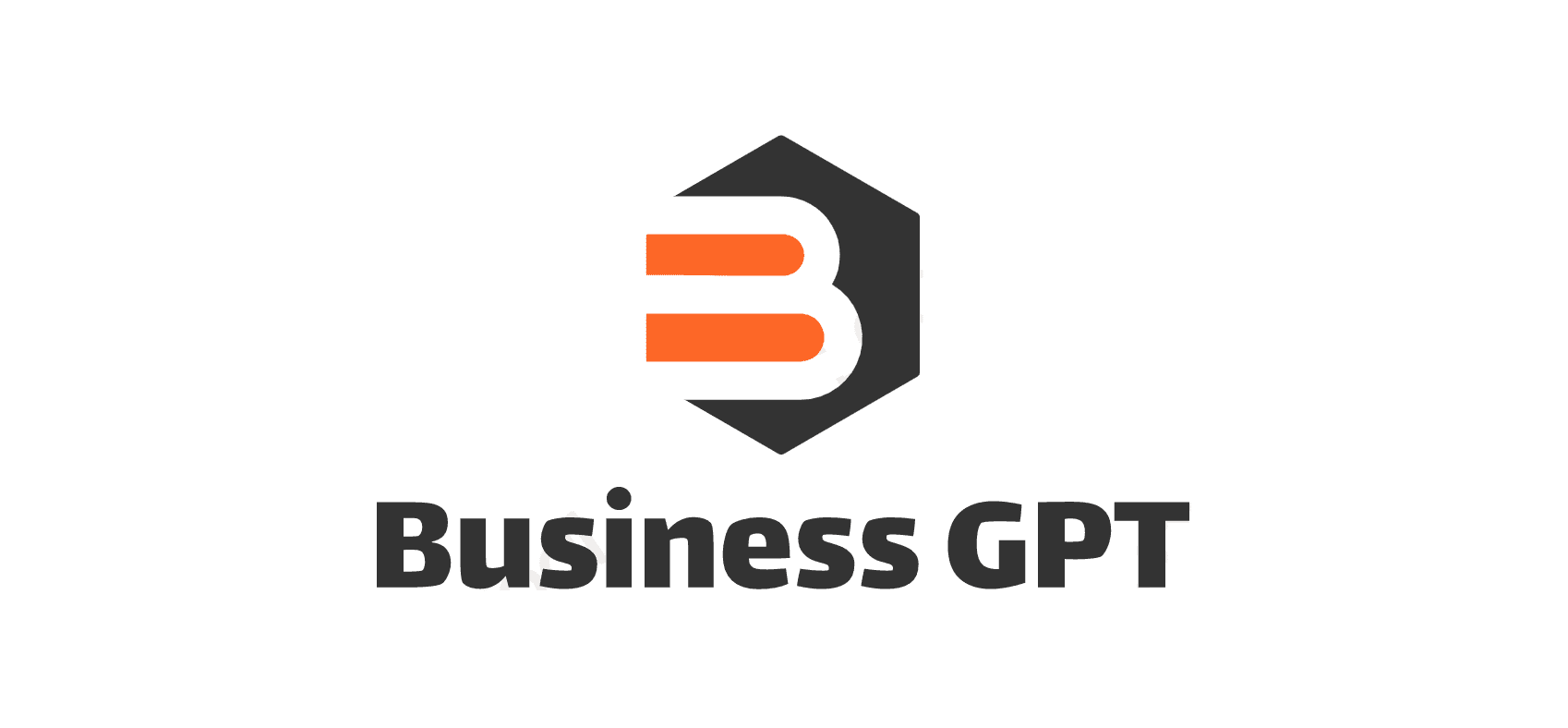Money is What Makes the World Go Round

It is true that money is what makes the world go round. Money, the ubiquitous medium of exchange, has an unparalleled influence on modern society. It plays a vital role in shaping economies, determining social status, and impacting individual lives.
In this article, we will explore the profound significance of money, its multifaceted impact on people and societies, and the ways in which we can develop a healthy relationship with money for a more fulfilling life.
The Power of Money
When we say money is what makes the world go round, it means that at its core, money serves as a facilitator of trade and commerce. Without money, the barter system would limit the scale and complexity of economic activities.
Money enables specialization, fosters innovation, and propels economic growth, leading to improved living standards and opportunities for all.
In many cultures, financial wealth translates into social status and influence. Money can open doors to exclusive circles, educational opportunities, and prestigious careers. However, the pursuit of wealth can also lead to a sense of materialistic hedonism, impacting personal values and priorities.
The Impact of Money on Individual Lives
Financial stability provides a sense of security, peace of mind, and freedom from anxiety about meeting basic needs. It allows individuals to focus on personal growth, well-being, and long-term planning.
Money can turn dreams into reality. Whether it’s pursuing higher education, starting a business, or traveling the world, financial resources empower individuals to pursue their aspirations and achieve personal fulfilment.
The Dark Side: Money and Its Pitfalls
While money offers opportunities, it also presents certain pitfalls that demand caution and mindfulness:
The Lure of Materialism
The pursuit of material possessions and wealth can lead to a perpetual state of craving, perpetuating a cycle of dissatisfaction and unhappiness.
Economic Inequality
The unequal distribution of wealth can give rise to social disparities and hinder collective progress. Reducing economic inequality remains a pressing challenge for societies worldwide.
Ethical Dilemmas and Corruption
The quest for money can sometimes lead individuals and institutions to make unethical choices, causing harm to society and eroding trust in institutions.
Money and Relationships
Financial dynamics often play a significant role in marital relationships. It is crucial for partners to communicate openly, establish financial goals, and work together to achieve them.
Financial differences among friends can sometimes lead to tension and jealousy. Nevertheless, true friendships are built on trust, understanding, and mutual support, regardless of monetary considerations.
Money can influence family relationships, particularly in matters of inheritance and financial support. Transparent and open discussions can help maintain harmony within families.
Achieving a Balanced Financial Life
The Importance of Financial Literacy
Financial literacy is essential for making informed decisions about money. Understanding budgeting, saving, investing, and managing debt empowers individuals to navigate the complex financial landscape effectively.
Responsible spending and avoiding unnecessary debt are vital for achieving financial stability and long-term goals.
Acknowledging that money is just one aspect of a fulfilling life allows individuals to focus on emotional well-being, relationships, and personal growth.
The Power of Giving Back
Generosity and philanthropy can create a positive impact on society, addressing various social issues and improving the lives of others.
Supporting local initiatives and projects strengthens communities and fosters a sense of belonging and collective progress.
Giving back to others not only benefits those in need but also brings a profound sense of fulfillment and purpose to the giver.
The Pursuit of Happiness and Beyond Monetary Wealth
While money can enhance life satisfaction up to a certain level, studies show that beyond a certain income threshold, increased wealth has diminishing returns on happiness.
True happiness stems from factors beyond monetary wealth, such as nurturing meaningful relationships, pursuing personal passions, and maintaining good health.
Striking a balance between financial stability and emotional well-being is essential for a fulfilling life. This involves setting realistic financial goals, appreciating non-monetary aspects of life, and finding joy in simple pleasures.
The Future of Money
Advancements in technology have brought about the digital transformation of financial systems. Cryptocurrencies, blockchain, and digital payment platforms are reshaping the way we interact with money.
As the financial landscape evolves, individuals and institutions need to adapt to emerging trends, embracing innovation while safeguarding against potential risks.
Conclusion
It has been revealed that money is what makes the world go round. Money undeniably plays a pivotal role in the functioning of society and our personal lives. It is a powerful tool that can bring about both positive and negative outcomes.
Understanding the impact of money, developing financial literacy, and adopting a balanced approach to money and life are essential steps toward achieving happiness and fulfilment.
By recognizing the broader dimensions of wealth and embracing the power of giving back, we can cultivate a healthier relationship with money, making the world a better place for all.
For more, check the rest of our blog.
FAQs
1. Can money buy happiness?
While money can contribute to happiness by providing financial security and opportunities, true happiness is derived from a combination of factors, including meaningful relationships, personal growth, and a sense of purpose.
2. What are some practical steps to improve financial literacy?
Improving financial literacy can be achieved through various means, such as reading books on personal finance, attending financial workshops, consulting with financial advisors, and utilizing online resources.
3. How can I find a balance between saving money and enjoying life?
A balanced approach involves setting financial goals, creating a budget that allows for both saving and spending on experiences and interests, and cultivating an appreciation for simple joys in life.



